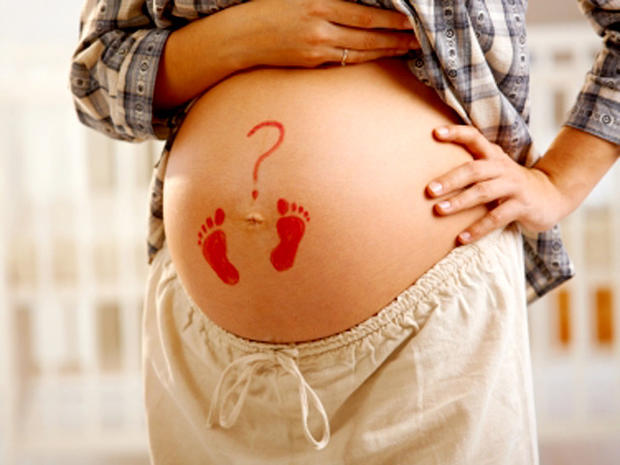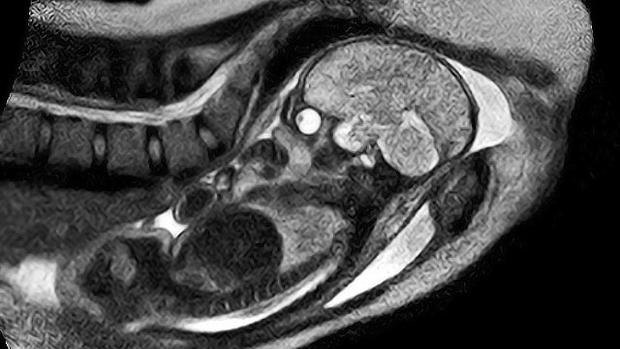Down Syndrome: Simple Blood Test around the Bend?
(CBS) Pregnant women at risk for giving birth to a baby with Down Syndrome face a difficult choice. They can hope for the best, or they can choose to have an invasive diagnostic test like amniocentesis, which can cause miscarriage.
That may soon change. A large-scale study published last week in the British Medical Journal shows that a new screening technique may have the potential to reduce the number of invasive tests by about 98%.
The technique involves a blood test for the mother and an ultrasound for the baby. From the combined results, doctors can estimate the chance that the baby has Down's, according to the BBC. The mother can then choose whether to opt for one of two invasive diagnostic tests, both of which involve inserting a needle into the womb.
Down Syndrome, which stems from having an extra copy of chromosome 21, is a hereditary disorder marked by slow learning and other mental deficits as well as physical abnormalities. The syndrome is also associated with heart disease, hearing trouble, and problems with the intestines, eyes, thyroid and skeleton - even dementia.
The chance of having a baby with Down Syndrome increases as a woman gets older.
The test will be welcomed by many women, lead researcher Dr. Kypros Nicolaides of King's College London, who worked with colleagues from the Chinese University of Hong Kong, told the BBC. But, he added, further research and development are needed to make it 100% accurate.
The test is expensive. A commercial version is being developed by Sequenom Inc, according to Canada's CTV. It's expected to cost around $700.
MORE HEALTH CONTENT FROM CBS NEWS

